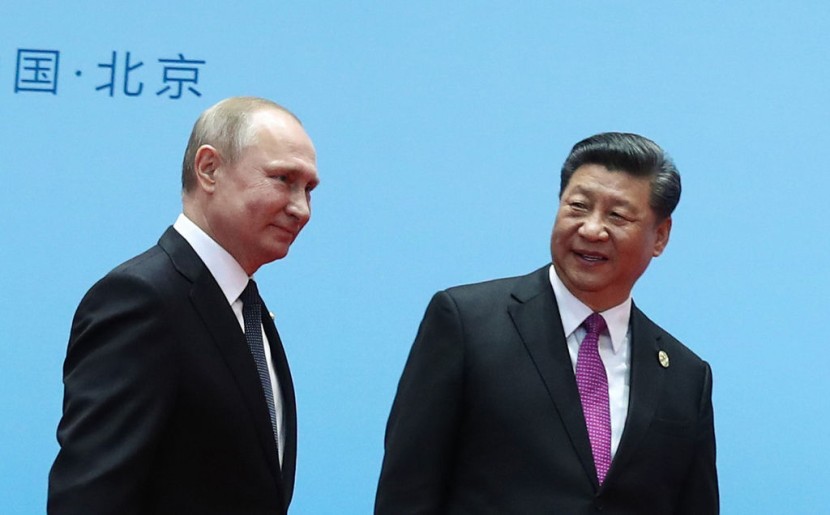
In their first discussion since Kabul fell to the Taliban last week, Chinese President Xi Jinping and his Russian counterpart Vladimir Putin pledged to work together to prevent security risks from spilling from Afghanistan. Their phone conversation occurred after the Group of Seven leaders met in an emergency meeting on Wednesday to discuss the situation in Afghanistan.
During a phone call with Vladimir Putin, Xi Jinping reaffirmed China's respect for Afghanistan's sovereignty, non-interference approach, and independence, adding that China is willing to improve coordination with Russia and the world to encourage all Afghan parties to form an inclusive political structure and cut ties with terrorism.
Senior Chinese officials and diplomats emphasized the necessity for a political settlement on the problem, denounced the United States' indiscriminate sanctions against Afghanistan, and urged the international community to assist the country in achieving self-development, Global Times reported.
China and Russia work together to rebuild peace in Afghanistan
According to Chinese observers, Xi and Putin's talk, which focused on the Afghan problem, was a "strategic" interaction, indicating that China and Russia are working together to rebuild peace, stability, and prosperity in Afghanistan while respecting the Afghan people's will and choice.
Although desperate crowds left behind by US troop withdrawal continue to fear for their safety, Chinese and Russian leaders discussed Afghanistan on Wednesday but did not echo the G7's call for the Taliban to allow people to flee the country after August 31.
Xi and Putin spoke on the phone about Afghanistan, one day after the Group of Seven leaders met to discuss the matter. China and Russia are not members of the G7, a group of strong democracies led by the United States and the United Kingdom, as per Reuters.
On Tuesday, President Joe Biden stated that the US intends to complete evacuations by August 31. According to the Taliban, all foreign evacuations from the country must be completed by then.
The G7 leaders decided to push the Taliban to enable Afghans who wish to leave after August 31 to do so safely. Putin informed Xi that he shares China's viewpoints and interests in Afghanistan and that he is prepared to cooperate with China to prevent foreign forces from meddling and destroying Afghanistan.
China accuses the US of causing instability
Per SCMP, both nations are afraid that instability in Afghanistan might spread to the region after the Taliban retook Kabul in record time on August 15, two decades after being expelled by US-led forces.
Beijing, which is concerned that extremism in Afghanistan may spread to China's Xinjiang province, has urged Washington to continue trying to stabilize the nation, with Foreign Minister Wang Yi last week accusing the US of causing instability by withdrawing troops too soon.
The abrupt fall of the US-backed Afghan government was "inevitable" and proof of American hegemony and military intervention's failure, Wang added. Last month, Beijing received a Taliban delegation and urged the international community to assess the rebel organization more fairly.
The Taliban professes to be more moderate than it was in the 1990s, when it last controlled Afghanistan, and has promised to break links with terrorist groups, safeguard women's rights "within the limits of Islam," and provide amnesty to the government employees - but many remain skeptical.
Related Article: Russia's Vladimir Putin Reportedly Rebuffs US President Joe Biden's Plan to Keep US Troops in Central Asia
© 2026 HNGN, All rights reserved. Do not reproduce without permission.








